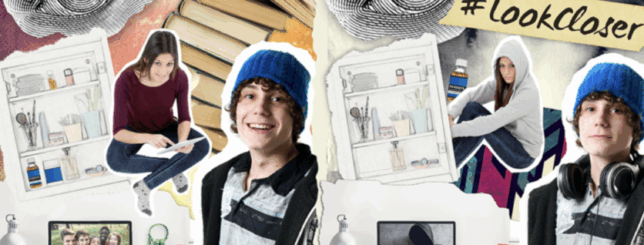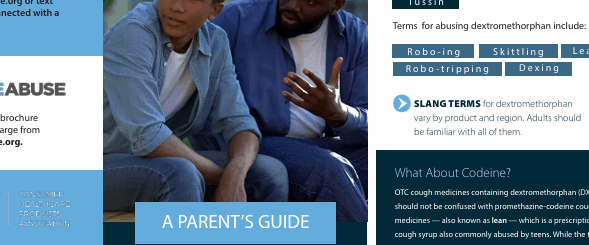Today, Iceland is a leader in teenage substance abuse prevention. In 2016, only 5 percent of teens had consumed alcohol in the past month, 7 percent had used cannabis and 3 percent smoked cigarettes – the lowest rates in Europe. Compare that with the teen substance abuse rates in the US: The National Institute on Drug Abuse (NIDA)’s 2016 Monitoring the Future survey found that 20 percent of teens have abused alcohol, 14 percent have used cannabis and 6 percent have smoked a cigarette in the last month.
But it wasn’t always that way. Twenty years ago, Iceland had some of the worst rates of teen substance abuse in Europe. In a recent Mosaic Science article, Harvey Milkman, one of the psychologists behind Iceland’s substance abuse transformation, shared how the country made such radical changes.
Milkman has spent his career studying substance abuse, and his doctoral dissertation explored what factors predispose teens to use certain drugs over others. He found that it largely depended on how they deal with stress – teens who actively confront stress are after a rush, and seek it through stimulants, whereas teens who avoid stress look to depressants, like alcohol, to numb their feelings and reduce anxiety.
Milkman notes that people can get addicted to any behavior that serves as a coping mechanism, like money, calories, shopping, technology and substances. The concept of behavioral addiction gave Milkman an idea: “Why not orchestrate a social movement around natural highs… without the deleterious effects of drugs?”
His idea was not revolutionary, but its implementation was. In 1991, Milkman conducted a survey of teen substance abuse and other activities in Iceland. The survey confirmed Iceland’s teen drug epidemic, but also pointed to a promising correlation between a lack of substance abuse and participation in organized activities, time spent with parents, a caring school environment and not being outdoors late at night.
Iceland decided to supplement drug education with real, cultural changes. National laws and programs were introduced in response to studies like Milkman’s. The legal age for tobacco and alcohol purchase was raised and a curfew was set for teens under 16. School-run programs taught parents to improve their relationships with their teens and talk to them about important issues, including substance abuse. Most significantly, state funding was increased for organized sports, music, art and more to “give kids alternative ways to feel part of a group and feel good, rather than through using alcohol and drugs.”
The programs worked.
Using what he calls “enforced common-sense,” Milkman’s findings have improved life in Iceland. Although the US is a ways off from such a nation-wide approach, parents and communities can replicate these successful prevention efforts. Here are 5 ways you can apply this approach to prevent substance abuse in your home:
- Have the conversation. Drug education alone is not enough, but it’s a great place to start. Teens who learn about the risks of substance abuse from their parents are 50 percent less likely to abuse.
- Find what works for your teen. Get your teen involved in organizations or hobbies that bring them joy. When teens are supervised and busy, they are less likely to abuse substances. Beyond drug abuse prevention, involvement in extracurricular activities allows them to learn interpersonal and life skills, foster relationships and channel their stress in a healthy way.
- Don’t put too much pressure. Involvement is meant to help teens relieve stress. If your teen gets competitive while playing soccer, that’s great – let their intrinsic motivation drive them to be a better player. But if your teen plays for the camaraderie, that’s fine too. These programs are meant to cope with stress, not add to it.
- Spend time as a family. It’s easy to get caught up in the stress of a busy schedule. Make time to do things together, even if it’s just going for a walk or making dinner. These small changes can make a big difference for your teen and your family dynamic.
- Take action. If you’re interested in implementing substance abuse prevention programs on a larger scale, check out some of our Tools to Take Action for parents, educators and community leaders. We all have a role to play in substance abuse prevention and it is possible to help your community be safer, healthier and drug-free.





